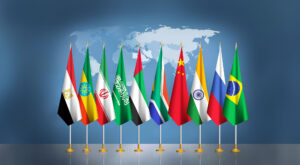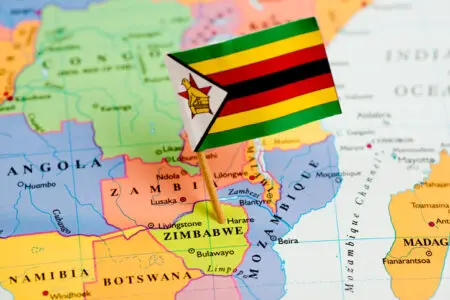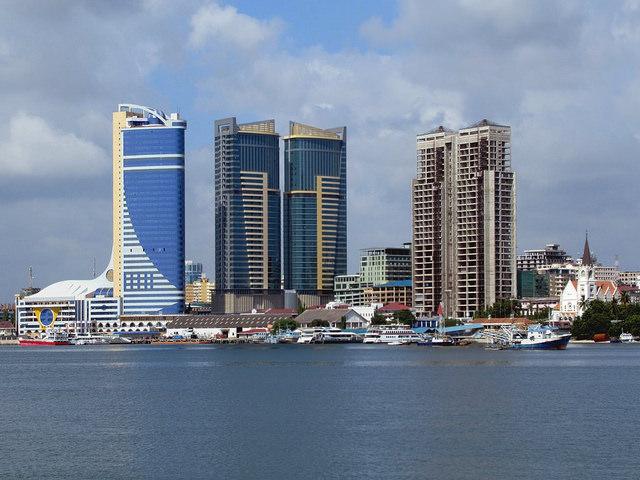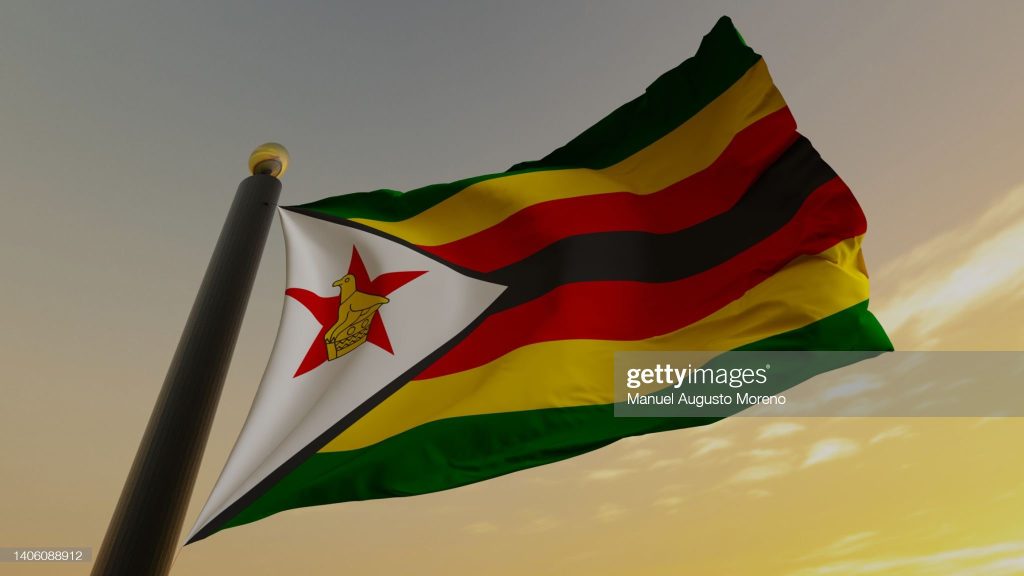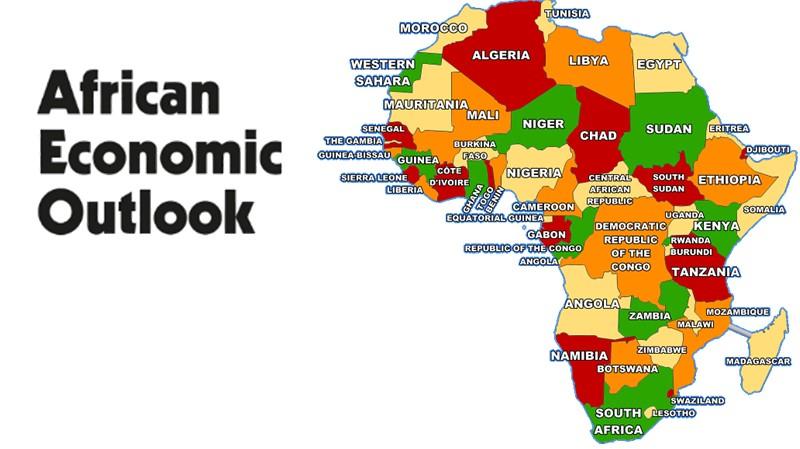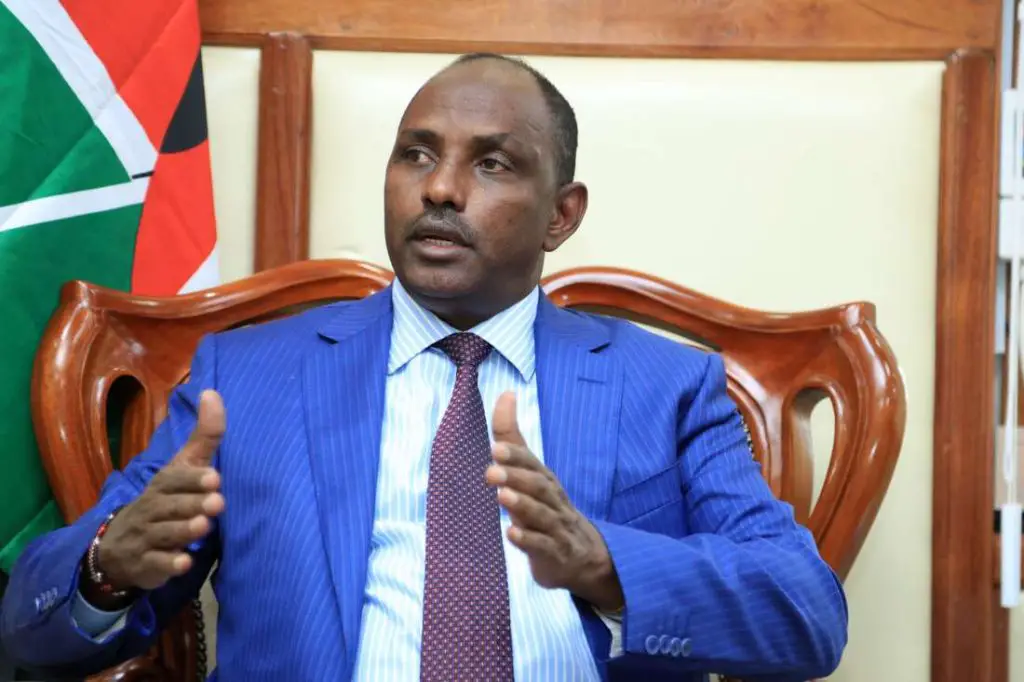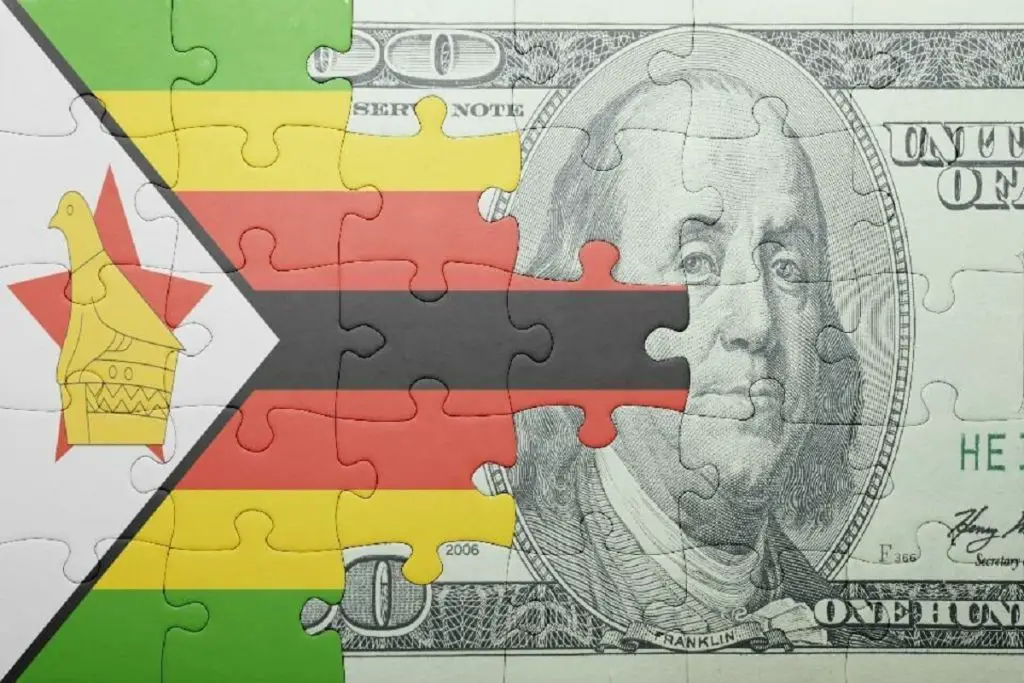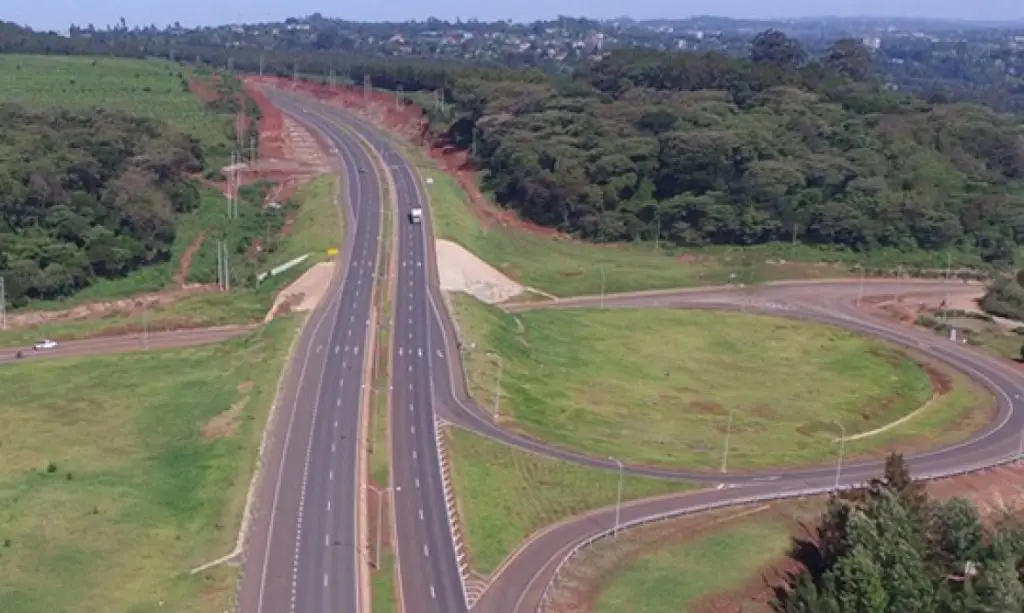- IMF Growth Forecasts: BRICS to Lead the World in the Next 5 Years
- Vantage Capital seals exit from PickAlbatros Hotels after $18.4M pandemic boost
- Madica backs Earthbond in bold pre-seed bet on sustainable solutions
- Venture capital and debt drive growth in Kenya’s agri-tech sector
- Sustainability Week Africa: Pioneering change amidst climate challenges
- Refugee Crisis in Chad as War and Hunger in Sudan Drive Thousands Across Border
- Senegal 2050: A Blueprint for Economic Transformation
- Kenya’s banking sector corporate taxes hit $563.7 million despite industry profit drop
Browsing: economy
- Reduced commodity prices will hamper Zimbabwe’s economic growth aspirations in 2024. Commodities produced by Zimbabwe include platinum, gold, and diamonds.
- Over the last two years, the country earned record foreign exchange export receipts due to booming commodity prices. However, exports have started to slow and are expected to continue into 2024.
- Zimbabwe will face a perfect storm of economic headwinds, combining factors such as persistent soft commodity prices, anticipated El Nino conditions leading to reduced agricultural output, and lower power generation, all contributing to a reduction in economic growth.
Zimbabwe’s economic growth in 2024 will face challenges due to headwinds within its economy, compounded by external factors undermining its growth aspirations. Global commodity prices have recently decreased, posing a significant concern for countries dependent on producing these commodities for economic sustenance.
Over the last two decades, mining has increased significantly in Zimbabwe’s economy. While agriculture was once central to the …
In recent months, the discourse about de-dollarisation has gained momentum. The sanctions against Russia have exposed the danger of over-dependence on the US dollar in international trade. The recent foreign exchange challenges have also recharged the growing efforts to bolster other currencies.
De-dollarisation could soon become a reality. A BRICS substitute to the dollar could enjoy high prospects for success, a former White House adviser, Joseph Sullivan, has noted. Sullivan served as a staff economist at the White House Council of Economic Advisers during the Trump administration. According to him, a potential BRICS currency poses a unique threat to the dominance of the US dollar in international trade.…
- Zimbabwe's banking and financial industry reflects the overall health of the economy.
- The country has broadly experienced capital flight and negligible foreign direct investment during the last 2 decades.
- Policy inconsistency has undermined Zimbabwe's banking and financial industry together with its capital account.
Thungela Resources set to diversify beyond coal in South Africa
Zimbabwe has been dubbed the sick man of southern Africa for the past 25 years. The country has seen capital flight and an outflow of foreign investment. There are numerous causes for this result. The primary cause has been policy blunders and so-called "flip-flopping" by government gatekeepers.
Like to the rest of the world, Zimbabwe's banking system reflects the activity of the actual economy. Banks and other financial services institutions serve as financial mediators for real economy players. This indicates that banks serve as a vital link between surplus and deficit units.
In economic terms, this means…
The New Tanzania Investment Act 2022 has now become law replacing the Tanzania Investment Act Cap 38 RE 2015 and its amendments. While there was an expectation for major changes, the reality is that the new Act is more or less the same as the previous minus a few differences outlined below:
1. The Act is in the Kiswahili language and there is no translation of the same in English.
2. Removal of the automatic immigration quota of 5 work and residence permits for expatriates workers. While previously an investor registered at the TIC would be allowed up to 5 immigration permits and this was typically used for investors’ strategic employees, this incentive is removed which means there is no guarantee for the investor to obtain immigration permits for its strategic employees who will be treated like every other applicant.
3. Local Investors ie Tanzania nationals or companies
Because of erratic economic policy, Zimbabwe continues to be the sick man of the Southern African Development Community (SADC) region.
The country perennially goes from one economic crisis to the next. Presently Zimbabwe is battling with resurgent inflation after managing to rein it in from the hyperinflationary levels reached in the years 2019 to 2020 and during the early months of 2021, peaking at over 837%.
Currently, Zimbabwe’s inflation stands at approximately 257%. Conventionally, the origins of inflation have been and always will be excessive money supply that outstrips the rate of growth in an economy resulting in too much money chasing too few goods and services. In the case of Zimbabwe, the inflation malaise was compounded by the fact that the economy is virtually stagnant, growing only marginally.
- Zimbabwe’s economic policy has been erratic.
- The government in Zimbabwe has recently adopted a scorched earth policy against inflation by tightening
The continent in the near future will have the largest population in the world. The population of Africa is urbanizing as citizens of the nations of the continent migrate from rural to urban areas.
This addition to its vast natural resources is a potent combination for its rapid economic expansion. The world witnessed first-hand the economic miracle where China transformed itself from a rural backwater in 1949 when the modern Chinese state was founded to an economic and military superpower by 2019. The year 2019 is significant to China because the country celebrated 70 years of its founding as a communist state, and the Asian country gained worldwide recognition as a military superpower.
China put on a military parade that displayed a weapons arsenal that made the United States sit up and take notice. How was this possible? China’s economic transformation was because of several factors. One of the most …
The shrinking economy and resulting unemployment have given birth to an informal economy that has spiralled out of control. Treasury and monetary authorities have been at pains to find ways they can tax the informal sector. The informal economy is difficult, if not impossible, to absorb into the formal economy or to include in the tax pool from which the government can draw revenue.
As the formal economy shrinks, so has Zimbabwe’s effective tax revenue stream, and this problem can only be arrested and mitigated by a growing economy.
An economy characterized by slow or negative growth makes it more difficult for the government to repair its finances. This is because there is a positive relationship between a country’s tax pool and the growth of the economy. A shrinking economy brings with it the added cost of having to provide social safety nets for the vulnerable members of its society.…
The Treasury has directed Cabinet Secretaries and CEOs of parastatals to draft the 2023 budget for the fiscal year beginning July 2023 based on policies implemented by President Uhuru Kenyatta’s government, despite uncertainty about when the next Head of State would take office after Raila Odinga filed a petition at the supreme court.…
Zimbabwe’s economic and currency woes run much deeper than the finance minister can allude to. For starters, the country heavily relies on imports; it produces little in the form of manufactured goods for exports. This means that the country’s means of generating income in the form of foreign exchange consist largely of producing and selling raw goods with no value addition.
This phenomenon constrains the country’s ability to generate the foreign exchange it is in desperate need of to help underscore the value of its currency. This is perhaps the biggest stumbling block to the universal adoption and warm reception of the Zimbabwe dollar.
Zimbabwe’s citizens have had unpleasant experiences with the Zimbabwe dollar even before it collapsed in 2009. The country’s citizens have seen numerous bank failures with their savings and receiving no compensation for their losses. This was in 2004 when the banking crisis claimed the scalps of…
Africa’s road infrastructure remains essential for landlocked countries, where opening manufacturing zones are needed. Reliable road transport is required for businesses to import and export goods, complete orders, and procure supplies.…
[elementor-template id="94265"]
